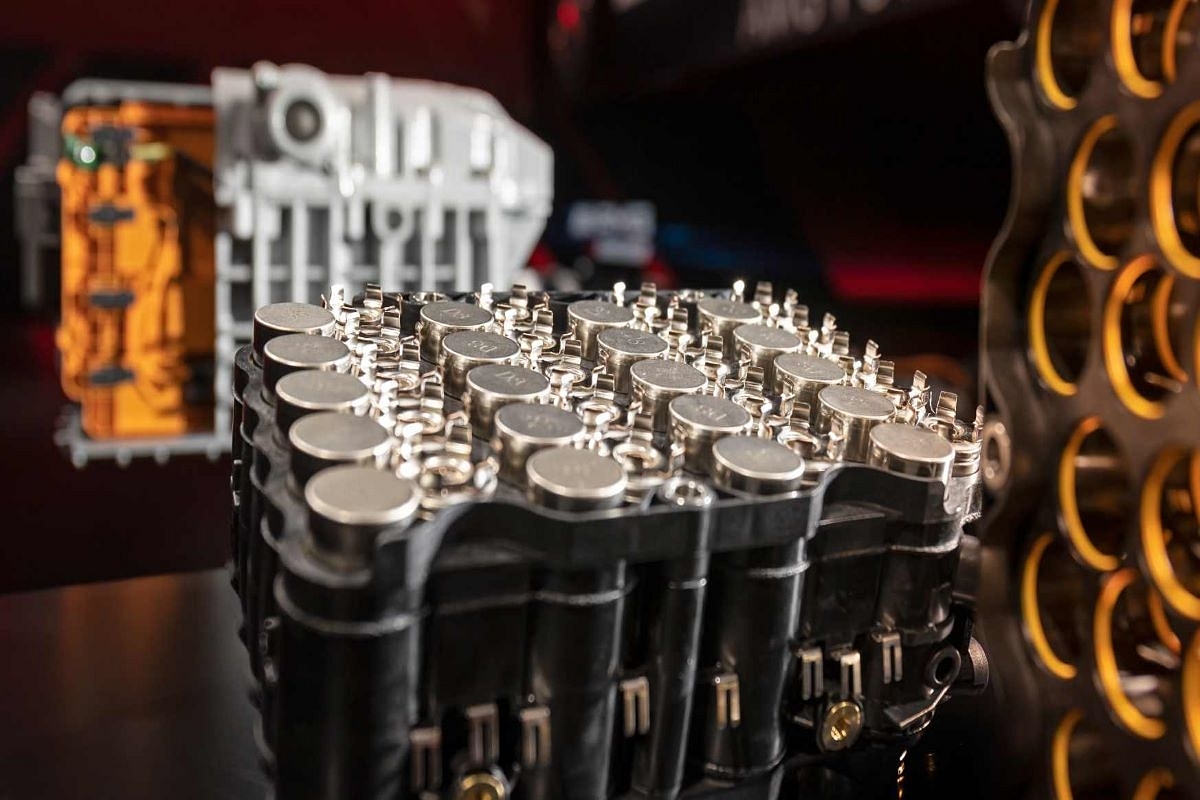Business
Govt Notifies New Battery Waste Management Rules To Promote Circular Economy

Battery
The Government has notified new rules for environmentally sound management of waste batteries.
The rules cover all types of batteries such as electric vehicle batteries, portable batteries, automotive and industrial batteries.
The New rules, published by the Environment Ministry on Wednesday (24 August), will replace Batteries (Management and Handling) Rules, 2001.
Notification of these rules is a transformative step towards implementation of the announcement made by Prime Minister Narendra Modi in his address to the Nation on Independence Day on 15 August 2021 to promote circular economy in full earnest, the Environment Ministry said in a statement.
The rules function based on the concept of Extended Producer Responsibility (EPR) where the producers (including importers) of batteries are responsible for collection and recycling/refurbishment of waste batteries and use of recovered materials from wastes into new batteries, the ministry said.
EPR mandates that all waste batteries to be collected and sent for recycling/refurbishment, and its prohibits disposal in landfills and incineration, it added.
To meet the EPR obligations, producers may engage themselves or authorise any other entity for collection, recycling or refurbishment of waste batteries.
The rules will enable setting up a mechanism and centralised online portal for exchange of EPR certificates between producers and recyclers/refurbishers to fulfil the obligations of producers, the ministry said.
The rules promote setting up of new industries and entrepreneurship in collection and recycling/refurbishment of waste batteries, it added.
According to the ministry, mandating the minimum percentage of recovery of materials from waste batteries under the rules will bring new technologies and investment in recycling and refurbishment industry and create new business opportunities.
Further, prescribing the use of certain amount of recycled materials in making of new batteries will reduce the dependency on new raw materials and save natural resources.
Online registration and reporting, auditing, and committee for monitoring the implementation of rules and to take measures required for removal of difficulties are salient features of rules for ensuring effective implementation and compliance, the ministry said.
On the principle of Polluter Pays Principle, environmental compensation will be imposed for non-fulfilment of Extended Producer Responsibility targets, responsibilities and obligations set out in the rules.
The funds collected under environmental compensation will be utilised in collection and refurbishing or recycling of uncollected and non-recycled waste batteries, the ministry said.
Support Swarajya's 50 Ground Reports Project & Sponsor A Story
Every general election Swarajya does a 50 ground reports project.
Aimed only at serious readers and those who appreciate the nuances of political undercurrents, the project provides a sense of India's electoral landscape. As you know, these reports are produced after considerable investment of travel, time and effort on the ground.
This time too we've kicked off the project in style and have covered over 30 constituencies already. If you're someone who appreciates such work and have enjoyed our coverage please consider sponsoring a ground report for just Rs 2999 to Rs 19,999 - it goes a long way in helping us produce more quality reportage.
You can also back this project by becoming a subscriber for as little as Rs 999 - so do click on this links and choose a plan that suits you and back us.
Click below to contribute.
Latest